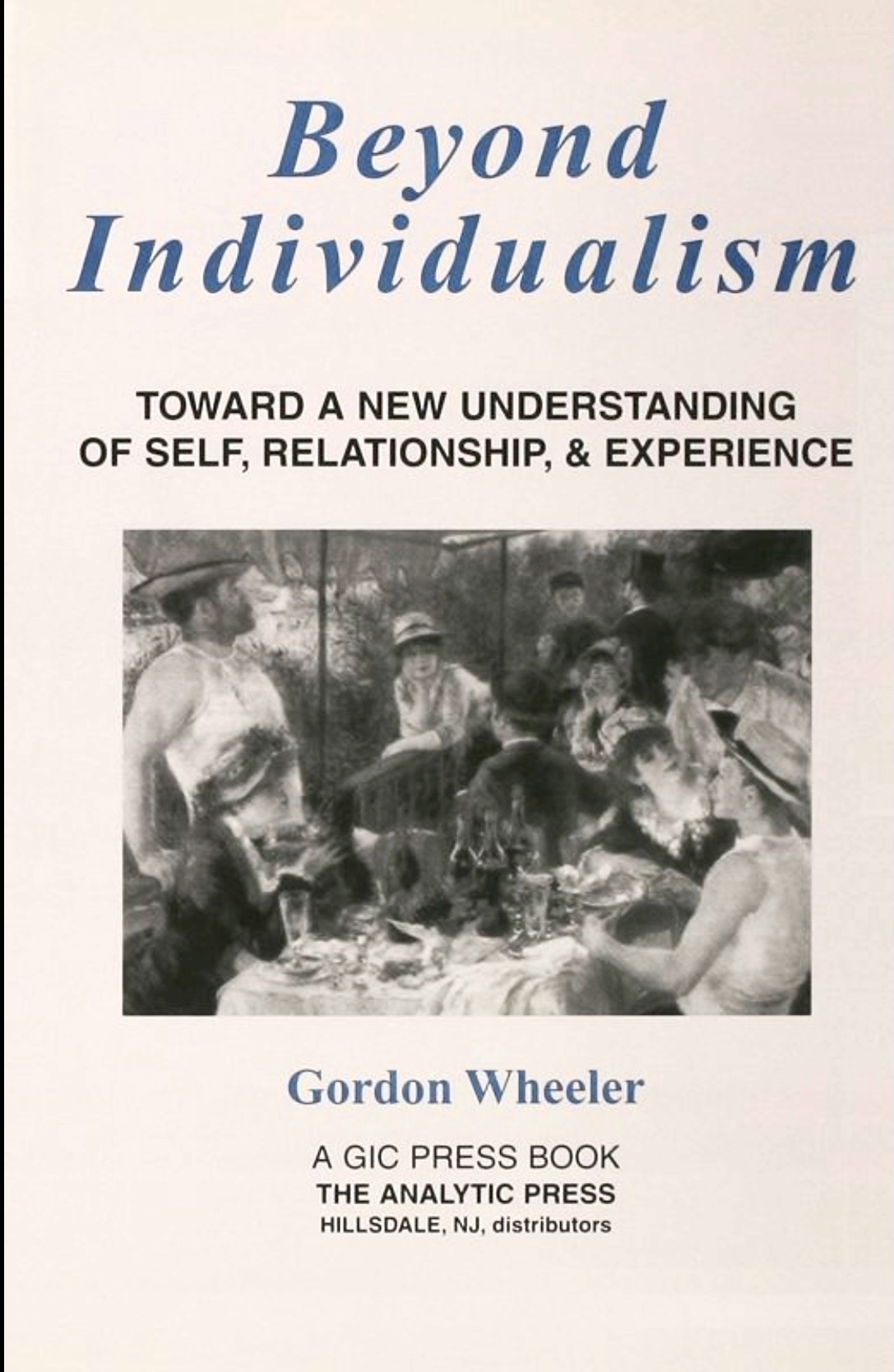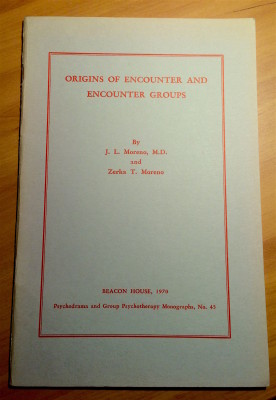“a role is the functioning form the individual assumes in the specific moment he reacts to a specific situation in which other persons or objects are involved” (Moreno, 1977, p IV)
Lets take a list of roles, these are from Max Clayton’s article (Clayton, 1994), it is a convenient list, and it is the one that got me to think about this:
Artist
Playful fun-lover
Coach
Companion
Adventurer
Manipulator
Teacher
Despairer
Self-doubter
Guard
Frightened, abandoned orphan
Anxious and suspicious fantasiser
Angry controller
Condemning critic
Friend
Father
Good listener
Lover
Perfectionist
For each of these there is as Moreno puts it: “a specific situation in which other persons or objects are involved.” We can grasp the role it is possibly in relation to from the role.
|
Artist
Playful funlover
Coach
Companion
Adventurer
Manipulator
Teacher
Despairer
Self-doubter
Guard
Frightened, abandoned orphan
Anxious and suspicious fantasiser
Angry controller
Condemning critic
Friend
Father
Good listener
Lover
Perfectionist
|
Art Audience Muse
Playmates
Trainee
Companion
Mentor
Sucker, victim
Student
Stubborn controller
Critic
Invaders
Absent Parent, Threatening bully
Challenging person or situation
Helpless follower
Self doubter
Friend
Child
Speaker
Lover
Slob
|
Creating Change in a Role Relationship
These role pairs will change as one of the roles changes:
The teacher can’t teach without the student
Lovers need lovers
If the manipulatee ceases to be duped and becomes assertive the manipulator can’t manipulate.
If there is no speaker, become a good listener.
If there is no artist, become an appreciative audience and contribute materials
Be loving and love may come your way.
Stop criticising, appreciate and praise and you won’t be with a self-doubter for long.
Role relationships
There are different types of role relationship. Max talks of complementary roles and symmetrical roles.
“The diagrams made it easier to be aware of the complementary and symmetrical role systems that developed with other people and of the fact that there was an increase in complementary role relationships. As ability to analyse, plan and enjoy life came to the fore, so those roles pertaining to intimacy increased. There was a welcoming of closeness and an interest in complementing what others were doing. The aggressive approach to others diminished and along with this a lessening of symmetrical role relations and of the competitive dynamic that is associated with these. There was also a development of a real sense of being a role creator. Previously there had been much more of a sense of being a mundane person. A look at the diagrams also confirmed the ability to create forms of expression through which life purposes could be fulfilled. The experience of being a role creator was accompanied by an increase in motivation.”
An example of complementary role might be speaker / listener – and this would increase intimacy, as max suggests.
Symmetrical roles can escalate and be competitive e.g. Talker / talker can become shouter / shouter.
But some symmetrical roles can be intimate lover/lover gardener/gardener
Google search found the book online Note: I have a physical copy.
References
Clayton, G. M. (1994). Role Theory and its Application in Clinical Practice. In P. Holmes, K. Karp, & M. Watson (Eds.), Psychodrama Since Moreno (pp. 121–144). London: Routledge. Retrieved Tuesday, 9 February, 2016 from aanzpa.org
Moreno, J. L. (1977). Psychodrama Volume One (Fourth ed.). Beacon, New York: Beacon House.





